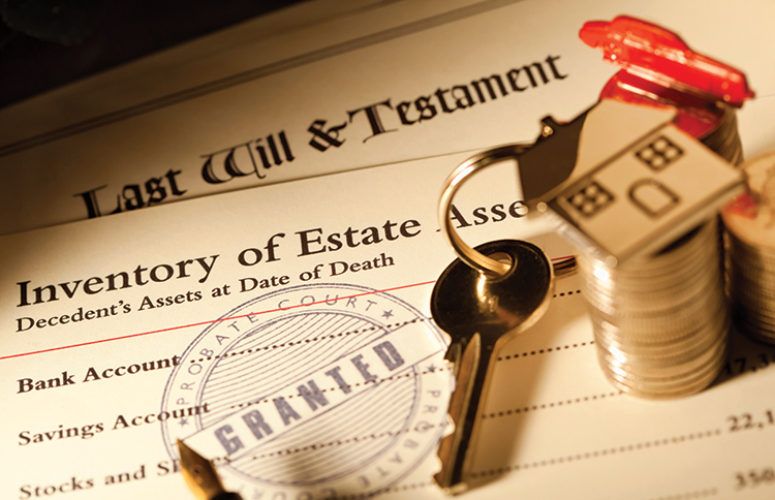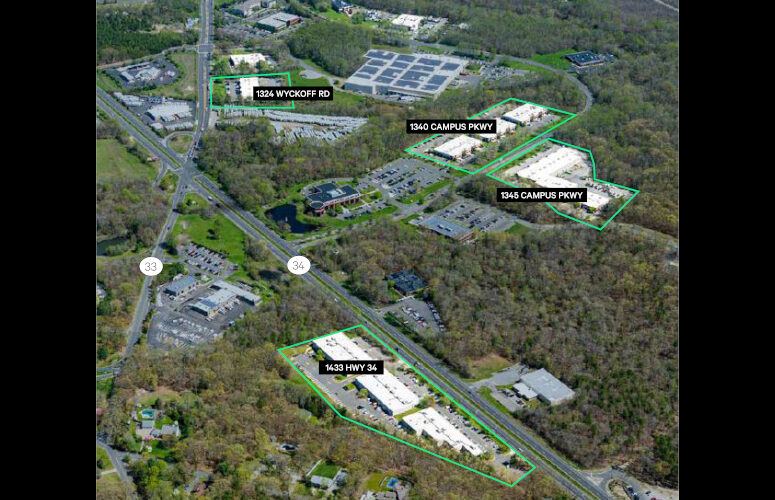
Forensic Accounting During Divorce Proceedings
CPAs assist in finding the true value of a spouse’s assets and liabilities.
By Vicky Tomaro & Christine Granata On Nov 23, 2016Financial ignorance can be expensive. Unanswered quantitative questions and unexplained money issues can negatively impact a business’s bottom line and your personal net worth. According to a recent report by The Wall Street Journal, employee fraud drains organizations by an estimated $300 billion annually. How can individuals both professionally and personally resolve suspicious financial activity? The answer lies in forensic accounting, which is increasingly used in organizational cases and divorce litigation/mediation.
Forensic accountants are hired for settling personal financial disputes – such as in divorce matters. Statistically, half of all first marriages end in divorce and the number increases for subsequent marriages. High wealth couples dissolving their relationships hit an emotional meltdown when it comes to dividing money. The trigger for needing investigative accounting stems from either lengthy, contentious divorces, or, when one spouse makes more money and the other party is in the dark. In today’s volatile economic climate, men and women are in a financial self-preservation mode, for fear of their own future and the ability to continue supporting any dependents they have. Sometimes it is challenging to decide whether or not you need the professional services of a forensic accountant.
A forensic accountant specializes in reviewing a spouse’s business and personal financial records. Armed with this information, they detect the existence of hidden assets, the undervaluation of assets, or the underreported and/or understatement of income and the overstatement/validity of liabilities. Some of the documents these financial experts analyze include bank accounts, credit card statements, and tax returns to determine existence of marital assets and liabilities and their true fair market value. Based on the findings, the financial expert makes recommendations on how to best buyout the spouse, split any retirement assets, and, going forward, analyzes the cash flow for maintaining defined comparable lifestyles.
When a spouse owns his or her own business, the other party may need investigative accounting to understand the value since it is not something that can be determined from reviewing tax returns. This business owner’s cash flow can be computed by a forensic accountant who will determine what “add backs” should be included in the entrepreneur’s income. The complexities of these aforementioned tasks warrant a level of sophistication a forensic accountant can provide.
A savvy forensic accountant’s expertise to detect, disclose and discuss the potential of financial fraud with a divorce mediator and attorney can prove to be an invaluable tool when in divorce negotiations.
About the Authors: Vicky Tomaro is founder and president of Tomaro Financial Group, based in Wall Township. Christine Granata, CPA, LLC, has been practicing in the field of accounting and taxation for almost 25 years.
Related Articles:






